Turmeric is a widely loved spice that traces its roots back to Asia. For millennia it has been valued as a medicinal and herbal remedy.
Nowadays, turmeric is commonly used at home to address a variety of minor health issues. It has also been adopted by some for dental care, particularly for teeth brightening.

Using turmeric is generally considered safe, and for certain individuals it produces better results than some commercial dental treatments.
What can turmeric do for your teeth?
Many dentists, influencers, and celebrities claim that turmeric can help brighten teeth.
Because turmeric is entirely natural, it’s an appealing substitute for more synthetic, store-bought whitening products.
Importantly, turmeric does not carry some of the adverse effects associated with commercial whiteners, such as an increased chance of:
- gingivitis
- gum soreness
- receding gums
- damage to tooth enamel
Potential advantages of using turmeric for tooth brightening include:
- whitening of teeth
- lowered likelihood of gum pain and inflammation
- reduced risk of gum disease
What does science have to say?
There are currently no scientific trials focused exclusively on turmeric’s tooth-whitening effectiveness; existing support is mostly anecdotal.
Turmeric’s strongest evidence lies in extra-oral dental benefits. It is well-recognized for anti-inflammatory and antimicrobial properties, making it beneficial in at-home oral care.
A 2012 study indicated that curcumin, the active component in turmeric, can help prevent gingivitis. When applied correctly it helped reduce plaque, bacteria, and inflammation comparably to conventional mouthwashes.
Research from 2013 reported further oral benefits from turmeric. Findings suggested it can alleviate dental discomfort and might even be useful in treating periodontitis. It also showed potential in helping prevent certain oral cancers.
Some people liken turmeric’s whitening effect to baking soda or activated charcoal. It may offer similar results, but typically requires more time than whitening strips, for instance.
Nevertheless, turmeric delivers oral health advantages that many other natural or over-the-counter whiteners do not provide.
At present, turmeric is not accepted as a complete substitute for professional cosmetic whitening procedures, nor should it replace routine dental care.
How do you use turmeric to whiten teeth?
Trying turmeric for tooth brightening is straightforward and can be done in several ways. It’s generally advised not to use it more than once daily.
Note: Some methods take longer than using conventional whitening strips.
Add to your tooth-brushing regimen
This approach is the easiest and most budget-friendly. Be aware that it will turn your toothbrush bristles yellow.
Turmeric has a distinctive raw flavor that not everyone enjoys. A drop or two of peppermint or spearmint extract can help mask the taste.
- Pour a small amount of high-quality pure turmeric powder into a separate dish. Wet your toothbrush bristles and dip them into the powder. Avoid dipping the brush directly into the turmeric container to prevent contamination.
- Brush as usual, coating your teeth and gums with the turmeric. Rather than rinsing immediately, allow the powder to sit on your teeth for at least five minutes.
- Rinse your mouth thoroughly with water. Then brush your teeth again using regular toothpaste, tooth powder, or another cleaning product.
- You may need extra brushing and rinsing to remove any lingering turmeric residue.

Make your own homemade turmeric toothpaste
To create a DIY turmeric toothpaste, combine good-quality turmeric powder with some high-grade coconut oil. Some sources suggest mixing ¼ teaspoon of turmeric with 1/8 teaspoon of melted coconut oil. The oil helps the turmeric adhere to teeth and gums and offers its own purported oral benefits.
You can optionally add ¼ teaspoon of baking soda for extra cleaning power. A drop or two of mint extract will improve taste if desired.
Keep in mind this method can also stain your toothbrush yellow. As with the brushing method above, follow up with your regular tooth-cleaning routine.
Purchase a toothpaste made with turmeric and curcumin
If you prefer a quicker option, buy a toothpaste that contains turmeric.
One drawback is that some commercial formulas include only a small amount of turmeric, so you might not receive the same whitening effect as when applying turmeric powder directly.
Still, such toothpastes offer oral health advantages and are less likely to leave your toothbrush discolored compared with raw turmeric powders.
Purchase a tooth-whitening powder that is turmeric-based
You can also try specially formulated tooth powders that include turmeric for whitening. Depending on the turmeric concentration, these products are also less likely to turn your brush yellow.
Turmeric tooth powders generally deliver similar benefits to turmeric toothpastes. Because turmeric itself is a powder, tooth powders often contain a higher proportion of turmeric, which can make them somewhat more effective for whitening.
Are there any side effects or risks?
Using turmeric for tooth whitening carries minimal risk. As always, ensure you are not allergic to turmeric before using it.
It’s advisable not to apply turmeric powder for whitening more than once per day. This applies to both homemade turmeric pastes and pure turmeric powders.
Commercial products containing turmeric are usually safe, but be cautious with powders depending on their turmeric concentration, since amounts vary by product.
Although not yet studied in depth, turmeric has astringent properties, which could theoretically affect enamel and oral health, though the risk appears small.
Turmeric should not replace professional cosmetic whitening procedures, regular dentist visits, or standard oral hygiene practices.
While not dangerous, turmeric readily stains fabrics and surfaces. Be careful to avoid staining clothing or household items when using the powder.
Wash hands and forearms thoroughly after handling turmeric. Even with washing, temporary staining of skin may occur.
The bottom line
Turmeric remains a popular natural option for brightening teeth. When applied correctly, it is a safe choice.
Although evidence for its whitening effects is largely anecdotal, studies indicate turmeric offers oral health benefits that many other natural and over-the-counter remedies lack. For more context on natural compounds and dental care, you might also find useful information comparing turmeric vs curcumin and exploring home remedies for toothache.

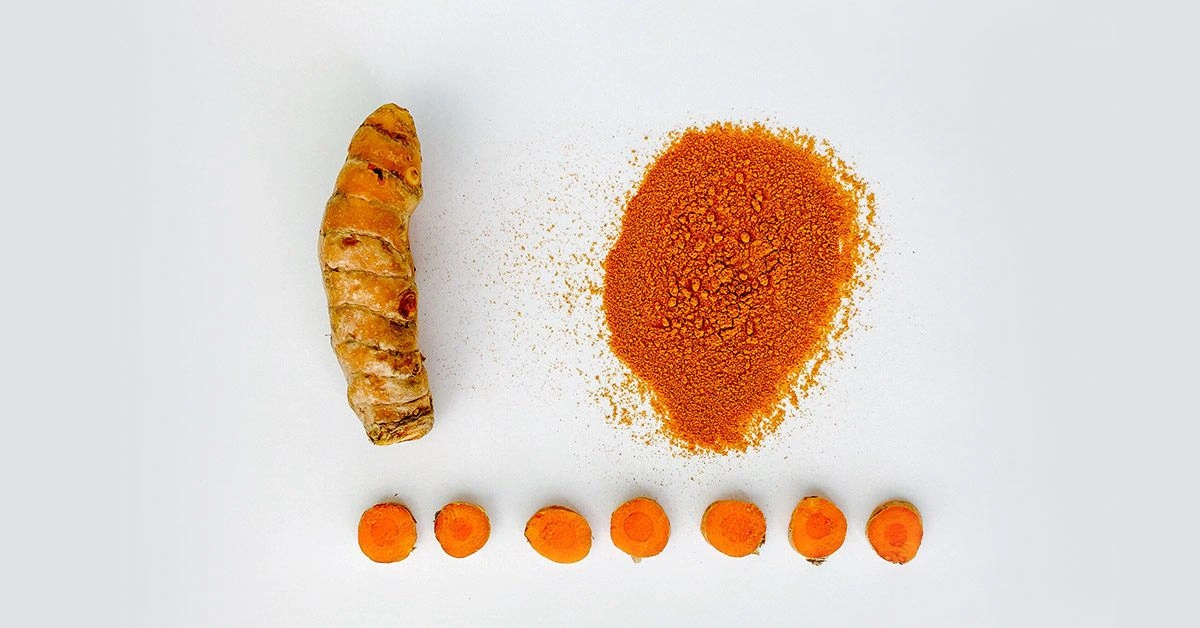

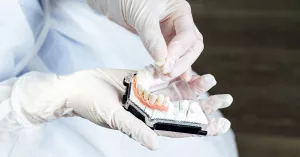



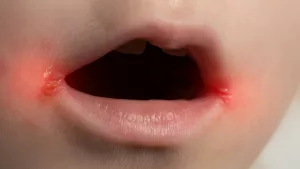

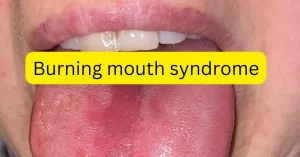










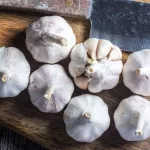



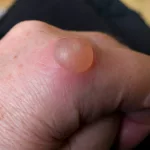
Leave a Reply
You must be logged in to post a comment.